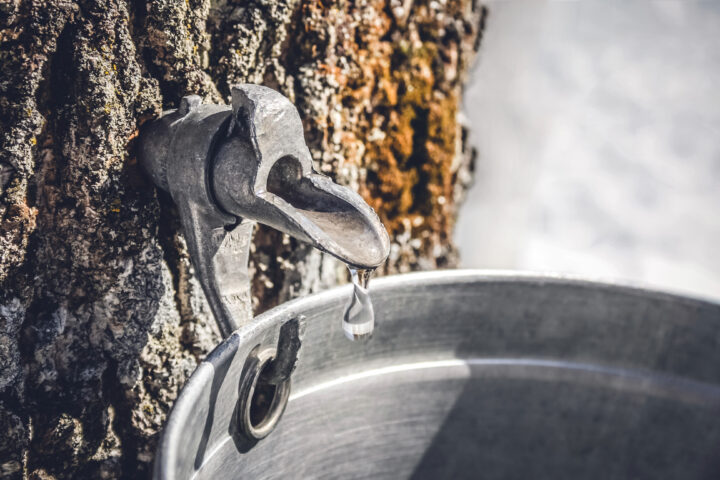From the cancellation of the World Pond Hockey Tournament in N.B., to dwindling maple syrup reserves, Canada’s cultural identity is under threat because of the changing climate.
What’s more Canadian than maple syrup?
The sticky-sweet favourite is as synonymous with Canadian identity as hockey and Tim Horton’s coffee. However, recently Statistics Canada revealed a concerning trend — the price stabilizing reserves of maple syrup are dwindling in Canada, with production hitting a five-year low.
One of the primary culprits behind this decline is climate change.
Unseasonably warm Canadian winters, including our latest record-warm winter, have disrupted the season for collecting sap from maple trees. This disruption, coupled with a surge in demand, has diminished supplies of this quintessential Canadian product.
Consequently, the beloved sugary liquid may become increasingly costly for shoppers as production struggles to keep pace with demand.
Cultural shift
It’s not just our maple syrup that’s being hit.
A 2022 Intergovernmental Panel on Climate Change report highlights that costs from climate change have been escalating in Canada since 1983, skyrocketing from an average of about $400 million to $1.9 billion annually. Extreme weather is already disrupting supply chains, fanning the flames of inflation here.
That same report notes that our fisheries are expected to suffer, with Canada’s agricultural heartland drying out, like what has already happened with droughts in southern Alberta.
Our traditional hobbies are also facing the consequences of climate change.
Delayed ice formation and earlier breakup in the winters mean fewer Canadians are lacing up their skates and hitting the frozen waters, as we saw with the cancellation of the World Pond Hockey tournament in New Brunswick this year.
Some ski resorts — an industry in Western Canada alone that has economic benefits pegged around $2.51 billion annually and offers about 28,000 jobs — are changing business models to handle shorter ski seasons.
These pastimes are essential parts of our Canadian culture, but we’re losing them because of the changing climate.
Canada’s role
History has shown that political action can lead to positive change. When we realized the dangers chlorofluorocarbons (CFCs) posed to the ozone layer, we came to a global agreement to phase out their use — an agreement that was reached here in Canada.
Similarly, we recognized the hazards of lead-based paint, mercury and asbestos and took action to stop their use. It’s time we did the same with carbon.
Climate change is a global problem, but Canada, one of the countries with the highest greenhouse gas emissions per capita, has a major leadership role. Climate policies are our responsibility after we promised the world to reduce greenhouse gas emissions.
Like politeness and poutine, working together to solve big problems is a major part of our Canadian identity. Let’s lead the way again.
Written with help from Kyle Reid

